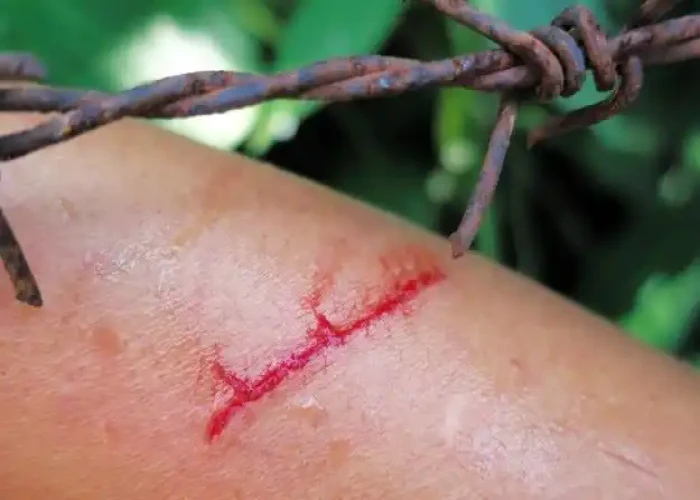 Welcome
Welcome
“May all be happy, may all be healed, may all be at peace and may no one ever suffer."
Tetanus
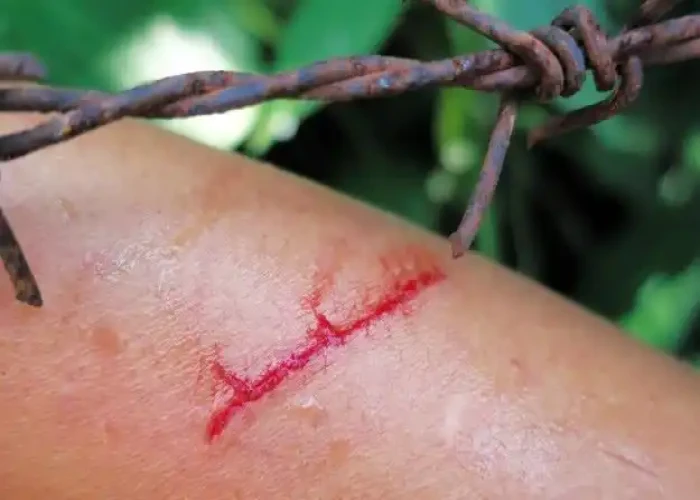
Tetanus, also known as lockjaw, is a serious bacterial infection caused by the Clostridium tetani bacteria. The bacteria produce a toxin that affects the nervous system and can cause muscle stiffness, painful muscle contractions, and seizures.
Tetanus is typically spread through contact with the bacteria in soil, dust, or animal feces that enter the body through a wound or cut. The bacteria release the toxin that can cause muscle stiffness and muscle spasms. The stiffness often starts in the jaw muscles, leading to "lockjaw," which can make it difficult to open the mouth or swallow.
Other symptoms of tetanus may include muscle stiffness and spasms in other parts of the body, including the neck, back, and abdomen, sweating, fever, and high blood pressure. In severe cases, tetanus can cause respiratory failure and death.
Prevention of tetanus involves getting a tetanus vaccine. The vaccine is recommended as part of routine childhood vaccinations, and booster shots are recommended every 10 years for adults. Clean wound care is also important to prevent infection.
Treatment for tetanus involves immediate medical attention and includes hospitalization, medication to control muscle spasms, wound care, and respiratory support. Recovery from tetanus can be a long and difficult process, and some people may experience long-term complications.
It is important to seek medical attention promptly if you suspect you may have tetanus, especially if you have a deep or dirty wound, to prevent serious complications.
Research Papers
Disease Signs and Symptoms
- Muscle pain
- Jaw pain
- Difficulty swallowing (dysphagia)
- Rigid abdomen muscles
- Rapid heartbeat (tachycardia)
- Fever
- Excessive sweat
- Spasms and stiffness in jaw muscles (trismus)
- Tetanus
Disease Causes
Tetanus
The bacterium that causes tetanus is called Clostridium tetani. The bacterium can survive in a dormant state in soil and animal feces. It's essentially shut down until it discovers a place to thrive.
When the dormant bacteria enter a wound — a condition good for growth — the cells are "awakened." As they are growing and dividing, they release a toxin called tetanospasmin. The toxin impairs the nerves in the body that control muscles.
Disease Prevents
Tetanus
You can prevent tetanus by being vaccinated.
Vaccination for children
The tetanus vaccine is given to children as part of the diphtheria and tetanus toxoids and acellular pertussis vaccine (DTaP). Diphtheria is a serious bacterial infection of the nose and throat. Acellular pertussis, also called whooping cough, is a highly contagious respiratory infection.
Children who do not tolerate the pertussis vaccine may receive the alternative vaccine called DT.
The DTaP is a series of five shots typically given in the arm or thigh to children at ages:
- 2 months
- 4 months
- 6 months
- 15 to 18 months
- 4 to 6 years
Vaccination for children ages 7 to 18
A booster shot is recommended for children at age 11 or 12. This booster is called the Tdap vaccine. If your child didn't get a booster shot as this age, talk to your doctor about appropriate options.
Vaccination for adults age 19 and older
A booster shot is recommended for adults once every 10 years. This may be one of two vaccines, Tdap or Td. If you weren't vaccinated against tetanus as a child or are unsure about your vaccination status, see your doctor about getting the Tdap vaccine.
Vaccination during pregnancy
A booster is recommended during the third trimester of a pregnancy, regardless of the mother's vaccination schedule.
Other recommendations
- Ask your doctor to review your vaccination status regularly.
- Check whether you are current on your vaccination schedule if you are planning international travel.
Disease Treatments
There's no cure for tetanus. A tetanus infection requires emergency and long-term supportive care while the disease runs its course. Treatment consists of wound care, medications to ease symptoms and supportive care, usually in an intensive care unit.
The disease progresses for about two weeks, and recovery can last about a month.
Wound care
Care for your wound requires cleaning to remove dirt, debris or foreign objects that may be harboring bacteria. Your care team will also clear the wound of any dead tissue that could provide an environment in which bacteria can grow.
Medications
- Antitoxin therapy is used to target toxins that have not yet attacked nerve tissues. This treatment, called passive immunization, is a human antibody to the toxin.
- Sedatives that slow the function of the nervous system can help control muscle spasms.
- Vaccination with one of the standard tetanus vaccinations helps your immune system fight the toxins.
- Antibiotics, given either orally or by injection, may help fight tetanus bacteria.
- Other drugs. Other medications might be used to regulate involuntary muscle activity, such as your heartbeat and breathing. Morphine might be used for this purpose as well as for sedation.
Supportive therapies
Supportive therapies include treatments to make sure your airway is clear and to provide breathing assistance. A feeding tube into the stomach is used to provide nutrients. The care environment is intended to reduce sounds, light or other possible triggers of generalized spasms.
Disease Diagnoses
Disease Allopathic Generics
-
Human Tetanus Immunoglobulin
In modern treatment Tetanus immunoglobin of human origin (Inj. TIG) 3,000-6,000 Units should be administered as soon as possible. If Inj. Tetanus Antitoxin (ATS) should be administered intramuscularly in the group where TIG is not available in the market and no adverse reaction of ATS is observed in Skin Text. An adult adult may require an injection of 40,000 to 60,000 units of ATS in the initial phase. 10000 units should be injected daily after 24 hours. 1 lakh to 2 lakh may be required as disease.
-
Benzyl Penicillin
Medicines containing benzyl penicillin to destroy tetanus germs.
To be given intravenously every 6 hours according to age.
-
Diazepam
Medicines containing diazepam if you cannot take medicines to stop muscle spasms.
1/2 injection should be given intravenously every 1 hour. 1 again if necessary.
-
Dextrose
If the patient is semi-conscious, dextrose 5%-10% mixed with vitamin medicine can be given intravenously at 40/50 drops per minute.
-
Adsorbed Tetanus Vaccine
Tetanus vaccine should be given.
Disease Ayurvedic Generics
Disease Homeopathic Generics
Disease yoga
Tetanus and Learn More about Diseases
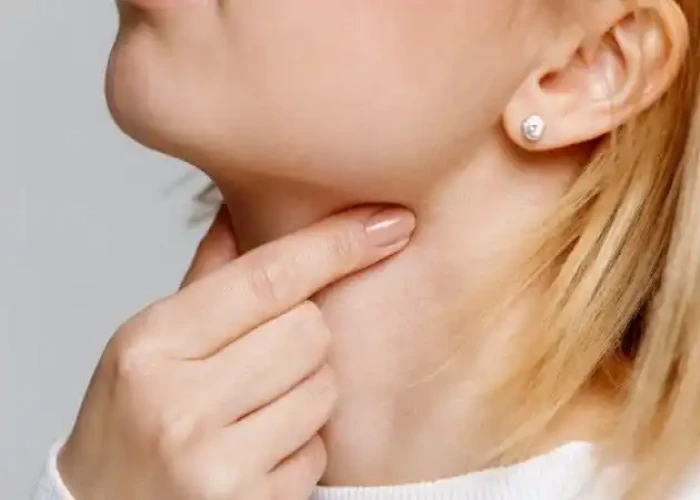
Tonsillitis
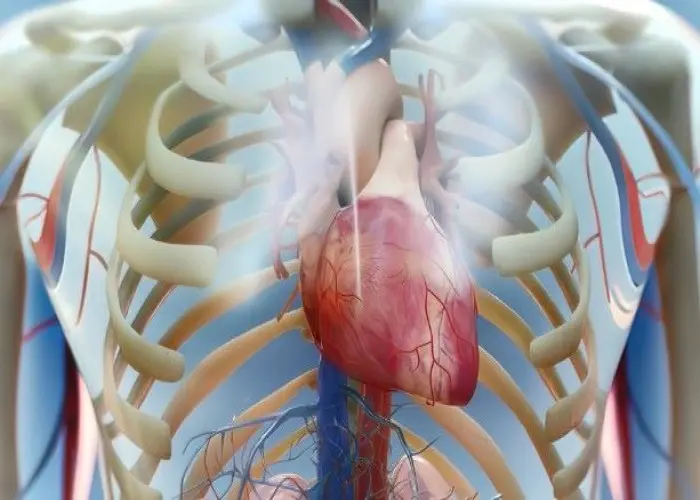
Cardiac Failure
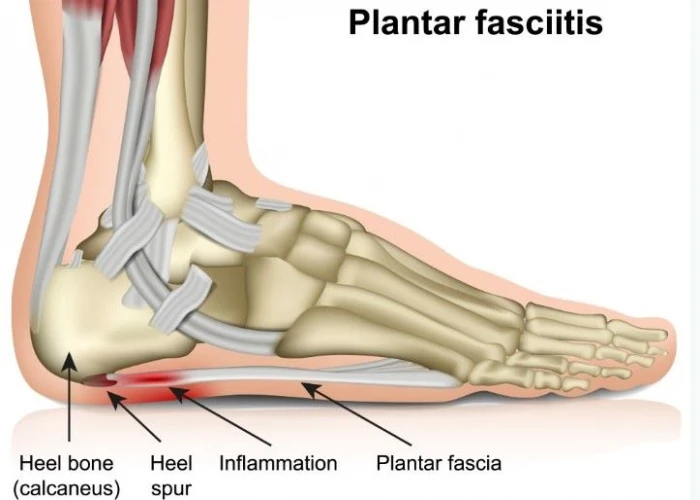
Plantar fasciitis
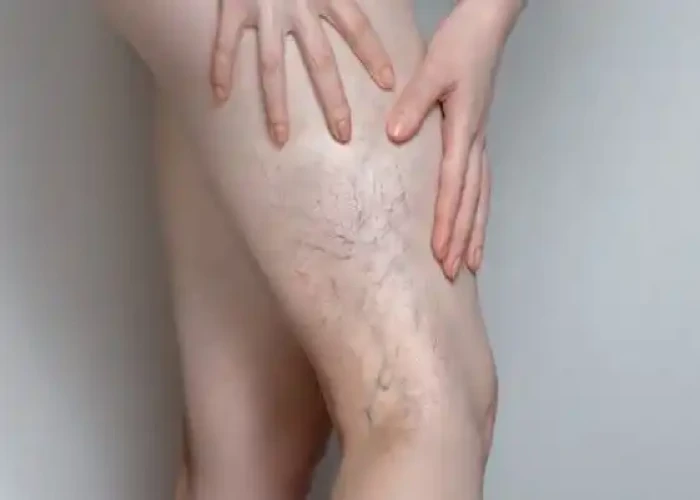
Thrombophlebitis
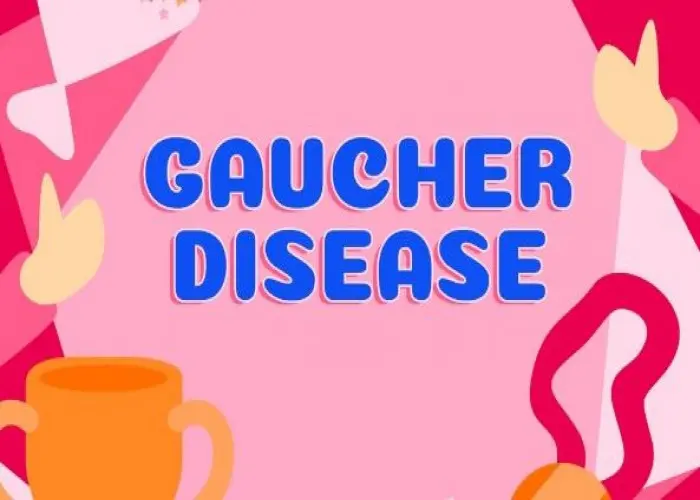
Gaucher disease

Sleep apnea

Insomnia
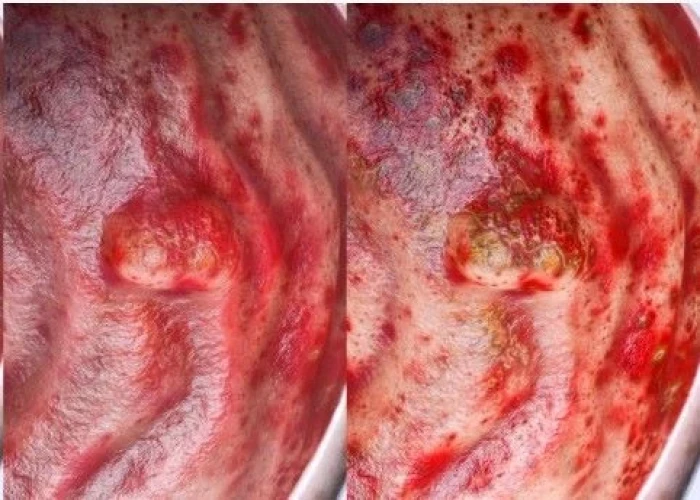
Peptic ulcer
tetanus, টিটেনাস
To be happy, beautiful, healthy, wealthy, hale and long-lived stay with DM3S.
